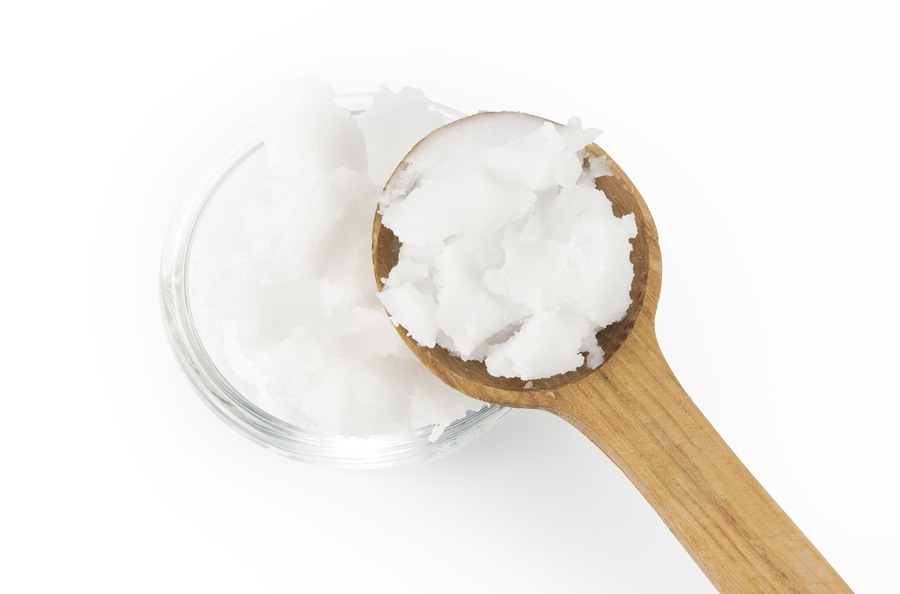Can Cannabis Help Reverse Alzheimer’s?
Alzheimer's Disease and other forms of dementia have become increasingly epidemic among our expanding age 65 and over population. As of 2015, there are 5.3 million Americans diagnosed with Alzheimer's. At least a third of them don't know they are afflicted. Dementia and Alzheimer's are worsening epidemics, and the pharmaceutical industry has not provided real hope. One has to go outside of mainstream medicine's pharmacopoeia to slow or reverse dementia and Alzheimer's or other neurodegenerative diseases such as MS and Parkinson's. Health Impact News has been a leader in the Alternative Media documenting cases where coconut oil has brought tremendous results to those suffering from Alzheimer's and dementia, and the research and case studies are found at CoconutOil.com. Another alternative for Alzheimer's is one that still has legal issues in many states - it's cannabis or medical marijuana. It doesn't have to be smoked. There are edible options available. It may seem that using cannabis to reduce Alzheimer's symptoms is counter intuitive. But in addition to many anecdotal successes with cannabis for Alzheimer's and dementia, there has been some serious research.













